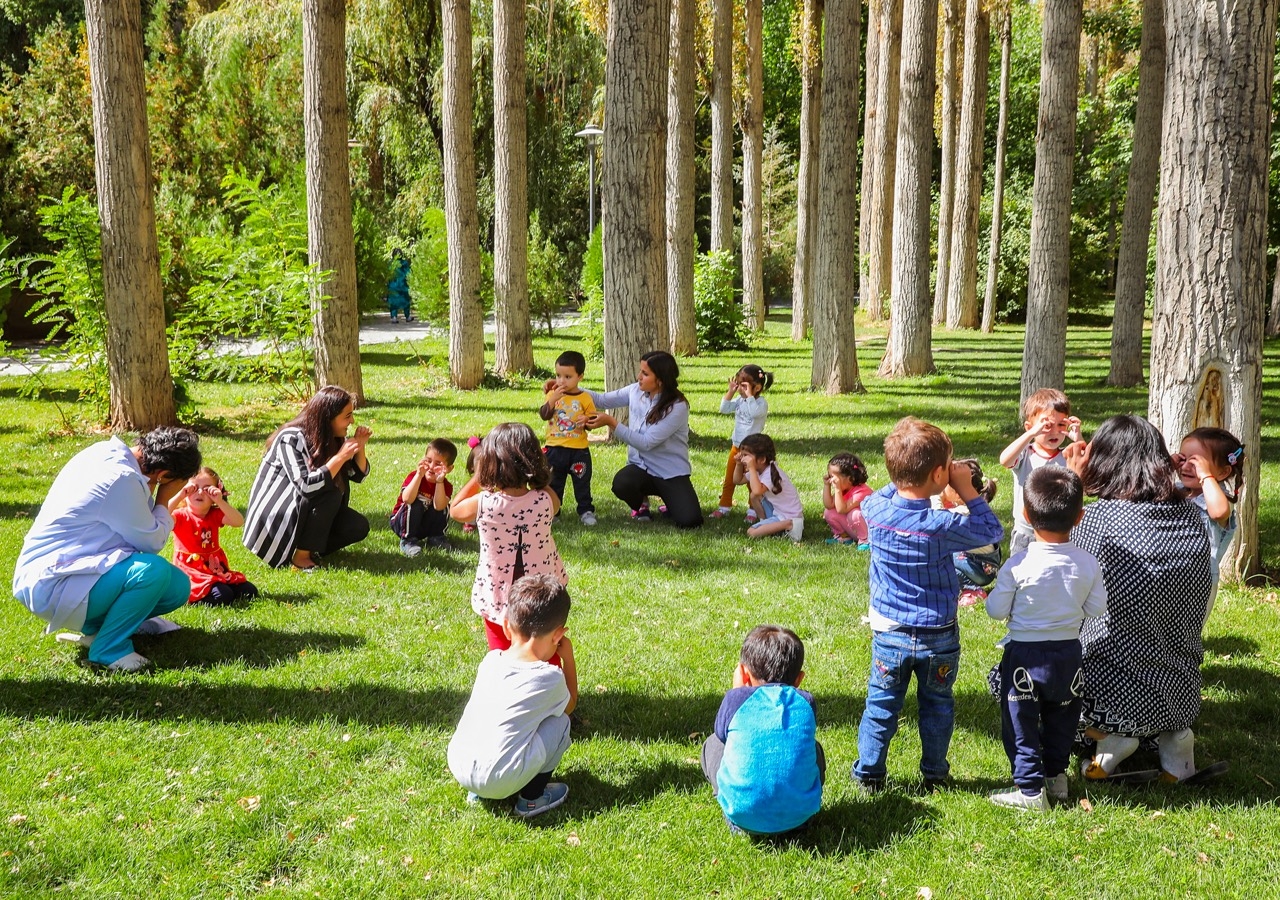Throughout history, societies around the world have witnessed some of the greatest minds - who have nurtured, encouraged and laid the foundations for human progress. Individuals such as the early philosophers of Greece, the great sages of India and the famous Prophets of the revealed scriptures became forces of great change in the societies where they lived. Yet, the wisdom of their teachings reached far beyond the confines of those societies. These teachers embodied the art of teaching. They were exemplary models of enlightened and ethical living.
It is not simply through their words, but also through the nobility of their actions and their visionary purpose, that they were able to have great impact. By giving of themselves totally – body, mind, and spirit – they were able to guide their students by the hand, to open their hearts and touch their souls. These students, in turn, developed a sense of passion, igniting the spark of creativity and innovation - in hopes of building a better world.
Ultimately, the art of teaching is a mission. Those who embark upon the journey of teaching seek to transform individuals and communities, inspired by a sense of purpose. In Muslim belief, this purpose is clear, as Mawlana Hazar Imam explained at the Foundation Ceremony of the Aga Khan Academy in Dhaka in 2008. In illustrating how faith and learning are intimately linked within Islam, he said:
“The Holy Qur’an sees the discovery of knowledge as a spiritual responsibility, enabling us to better understand and more ably serve God’s creation. Our traditional teachings remind us of our individual obligation to seek knowledge unto the ends of the earth - and of our social obligation to honour and nurture the full potential of every human life.”
The seeking of knowledge, as described by Hazar Imam is not only a spiritual act; the imparting of that knowledge for the benefit of others is a sacred duty. The relationship between teaching and the connection of one human being to another is clear. Inspired by a vision to move society forwards, and to improve the quality of human life, teaching has always required time, commitment, wisdom, and generosity of self. These are the ethical premises that underpin the endeavour to teach.
In Ismaili history, this noble tradition of sharing knowledge has played a central role. Today, many members of the Jamat follow in this tradition. They continue to give of their time and knowledge in service of the Imam and his Jamat. Thousands of Baitul Ilm teachers, academics, camp facilitators, waezeen, and other educators, contribute to the learning of the Jamat. Their selfless voluntary service is inspirational to younger generations.
In addition, every year, countless hours are spent reading curricula, creating lesson plans, designing resources, and participating in training, for a shared purpose; to ensure that leaders of the future are confident in their identity, progressive in their outlook, and ethical in their action.
Many members of the Jamat also teach professionally in secular schools, contributing to the progress of wider society. In a speech at the Aga Khan University in Karachi in 2000, Mawlana Hazar Imam said that, “Teaching is one of the most valued professions because it opens minds to greater self-awareness as well as to the knowledge that gives learners greater control over their destinies.”
Teachers and educators are an invaluable resource for the Jamat — from Kampala to Karachi, and from Dallas to Dushanbe — their selfless service is an inspiration to us all. For this noble gift of service, we say to our teachers today, thank you! With your time, effort, and commitment to the ethical traditions of seeking knowledge and sharing wisdom, we can be confident that the future will be bright, happy, and prosperous.








